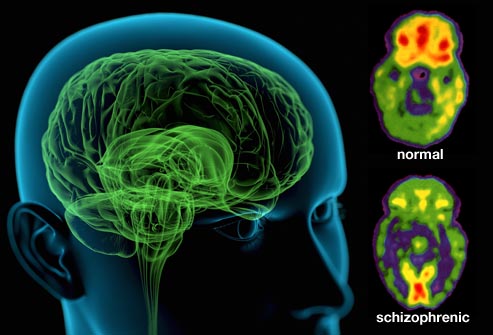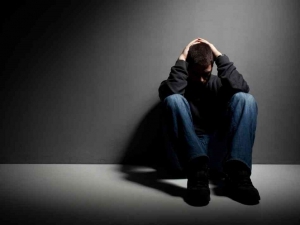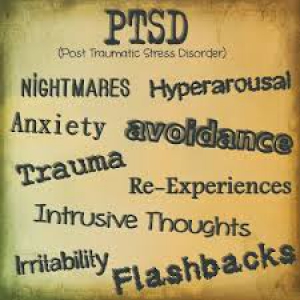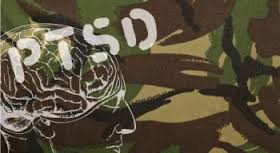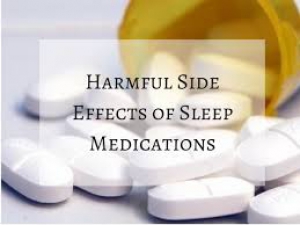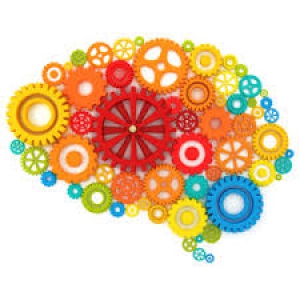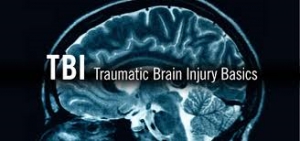Administrator
Ebola
How Do You Get Ebola, Really?
Oct. 6, 2014 -- Amid continued confusion over how Ebola spreads, the World Health Organization issued new guidance on Monday aimed at public education.
What is Schizophrenia
What Is Schizophrenia?
Schizophrenia is a chronic, disabling brain disorder that affects many people. Schizophrenia is a complex brain disorder, which affects about one in a 100 or between 150,000 and 200,000 Australians. It may cause people to hear voices, see imaginary sights, or believe other people are controlling their thoughts. These sensations can be frightening and often lead to erratic behavior. There is no cure, but treatment can usually control the most serious symptoms.
Symptoms of schizophrenia may include:
John Cantwell Singleton Bound

Being first to arrive at the scene after a car bomb exploded in a busy market place filled with hundreds of women and children is a memory that will haunt him for the rest of his life.
Sad or Depressed?
What Are the Symptoms of Depression?
For major depression, you may experience a sad or depressed mood, or an inability to feel pleasure, plus five or more of the following symptoms, for at least a two-week period.
Overview of PTSD
Post-traumatic stress disorder (PTSD) is a set of mental health reactions that can develop in people who have experienced or witnessed an event that threatens their life or safety, or that of others around them. This can be a car or other serious accident, physical or sexual assault, war-related events or torture, or natural disasters such as bushfires or floods. Effective treatments are available for PTSD.
The importance of treating Sleep Apnoea
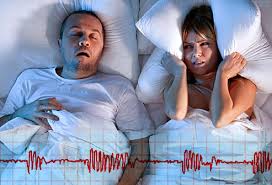
Treating sleep apnea might lead to more than a better night's sleep. It can also reduce blood pressure and other threats to heart health, two new studies show.
Sleeping Pills Good or Bad?
Approximately 10 million scripts are written annually in Australia. Apart from a fall in prescribing in the early 1990s, prescribing rates have remained fairly constant, with a slight increase in the last few years.
Worried about your memory? Exercise your Brain
Use Your Brain
It's true: Use it or lose it. Stretching your brain keeps your mind sharp. People who are more active in mentally challenging activities are much less likely to get Alzheimer's disease. Try these:
Overview Of Traumatic Brain Injury
Each of the three forms of Traumatic Brain Injury display different symptoms to be aware of. Mild TBI, otherwise known as concussion, is more difficult to diagnose both in civilian life and on the military battlefield.


